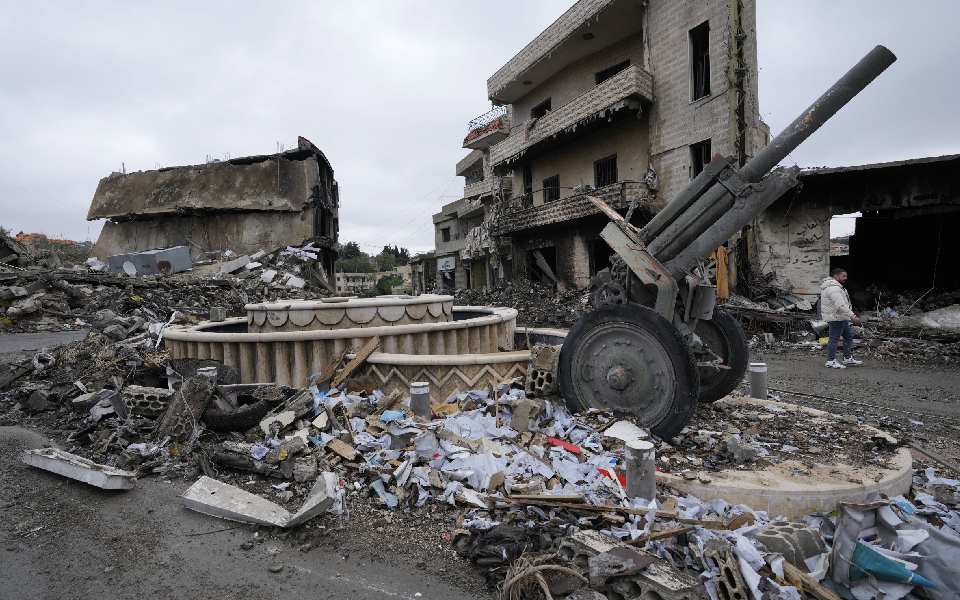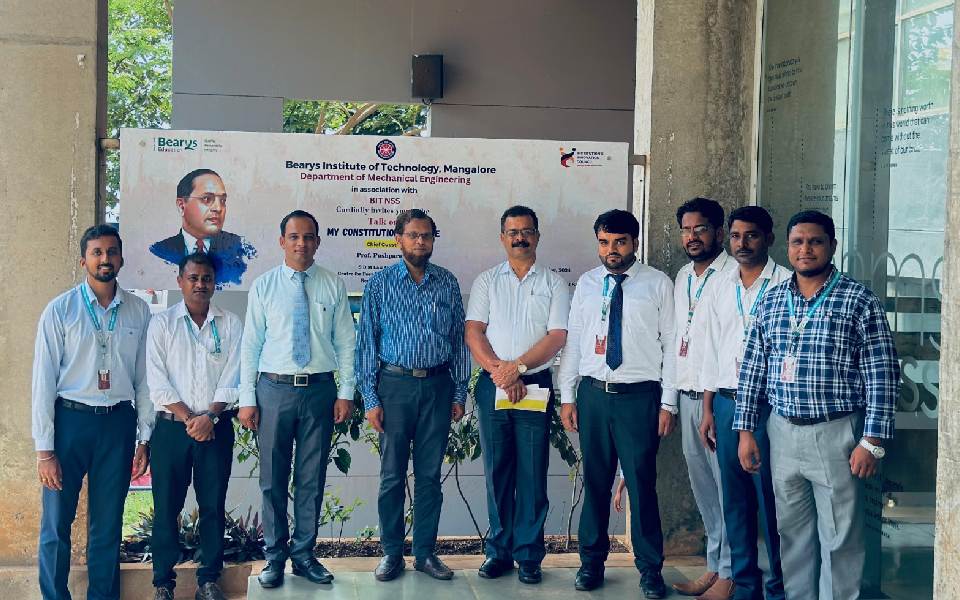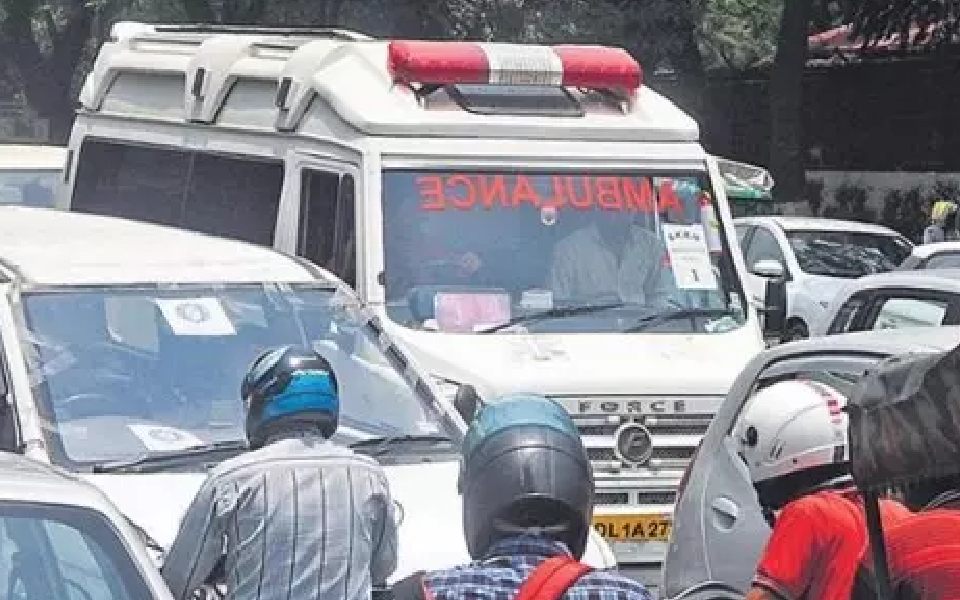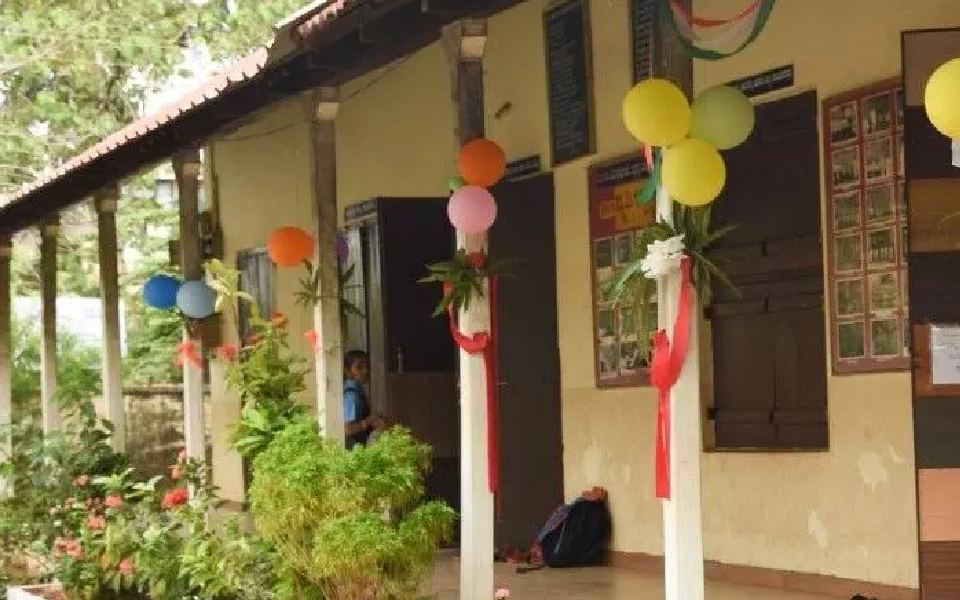Mumbai, Nov 15: Terming farm loan waiver and free power supply as mere "temporary and populist" steps, Vice-President Venkaiah Naidu Thursday made a pitch for long-term solutions like infrastructure support and cheap credit to improve the agriculture sector.
Delivering the Laxmanrao Inamdar Memorial Lecture here, Naidu also called for suitable changes in the laws governing the cooperative sector in view of changed techno-economic and business scenarios to make the cooperative institutions "viable and vibrant".
The University of Mumbai had organised the lecture to mark the birth centenary late Laxmanrao Inamdar, who was instrumental in the formation of Sahakar Bharati in 1979.
"There are many challenges in the agriculture sector. You cannot have temporary solutions to agriculture. Loan waiver, free current ... they are temporary," he said.
"What is needed is remunerative price, infrastructure support for agriculture and cheap credits. Unfortunately for political reasons, we move to populistic, temporary measures," Naidu said adding that the governments should rather focus on long-term solutions.
He said since agriculture was becoming unviable, people were moving to urban areas from rural parts.
"You cannot reverse urbanisation, even if you want to ... Even today, 56 per cent people depend on agriculture.
"The best method of (improving) agriculture according to me is the strengthening of the cooperative movement. This has to be understood by all including the planners, NITI Aayog, political parties, Parliament, people and media," he said.
"The prime minister promised to double farmers' income by 2022. This is a noble idea, but it is not simple. The government has raised the MSP of most of the crops. Cooperatives can help small and marginal farmers in taking the benefits of higher MSPs," he said.
Terming India's cooperative movement as the "biggest" in the world, he said it has led to tremendous progress in several sectors of the Indian economy.
"I am told 75 per cent of rural households have been covered through a network of over 8.50 lakh cooperatives with a membership of well over 25 crore," he said.
Naidu, however, lamented that in recent years, the cooperative sector has faced structural challenges like dormant membership, lack of active participation of members in the management, politicisation of cooperatives and bureaucratic control.
Similarly, low level of participation by women and youth is a challenge and needs to be addressed, he said.
"Mounting dues in cooperative credit institutions, inadequate mobilisation of own resources, over-dependence on governmental and institutional support, lack of professional management have proved harmful to their growth. There have been instances of mismanagement and absence of monitoring," he said.
"Probably, the time has come to bring requisite changes in the relevant laws governing the cooperative sector in the context of changed techno-economic and business scenario to make the cooperatives viable and vibrant enterprises," the vice president said.
Let the Truth be known. If you read VB and like VB, please be a VB Supporter and Help us deliver the Truth to one and all.
Beirut, Nov 28: The Israeli military on Thursday said its warplanes fired on southern Lebanon after detecting Hezbollah activity at a rocket storage facility, the first Israeli airstrike a day after a ceasefire between Israel and Hezbollah took hold.
There was no immediate word on casualties from Israel's aerial attack, which came hours after the Israeli military said it fired on people trying to return to certain areas in southern Lebanon. Israel said they were violating the ceasefire agreement, without providing details. Lebanon's state-run National News Agency said two people were wounded.
The back-to-back incidents stirred unease about the agreement, brokered by the United States and France, which includes an initial two-month ceasefire in which Hezbollah members are to withdraw north of the Litani River and Israeli forces are to return to their side of the border. The buffer zone would be patrolled by Lebanese troops and UN peacekeepers.
On Thursday, the second day of a ceasefire after more than a year of bloody conflict between Israel and Hezbollah, Lebanon's state news agency reported that Israeli fire targeted civilians in Markaba, close to the border, without providing further details. Israel said it fired artillery in three other locations near the border. There were no immediate reports of casualties.
An Associated Press reporter in northern Israel near the border heard Israeli drones buzzing overhead and the sound of artillery strikes from the Lebanese side.
The Israeli military said in a statement that “several suspects were identified arriving with vehicles to a number of areas in southern Lebanon, breaching the conditions of the ceasefire.” It said troops “opened fire toward them” and would “actively enforce violations of the ceasefire agreement.”
Israeli officials have said forces will be withdrawn gradually as it ensures that the agreement is being enforced. Israel has warned people not to return to areas where troops are deployed, and says it reserves the right to strike Hezbollah if it violates the terms of the truce.
A Lebanese military official said Lebanese troops would gradually deploy in the south as Israeli troops withdraw. The official spoke on condition of anonymity because they were not authorized to brief media.
The ceasefire agreement announced late Tuesday ended 14 months of conflict between Israel and Hezbollah that began a day after Hamas' Oct. 7, 2023 attack out of Gaza, when the Lebanese Hezbollah group began firing rockets, drones and missiles in solidarity.
Israel retaliated with airstrikes, and the conflict steadily intensified for nearly a year before boiling over into all-out war in mid-September. The war in Gaza is still raging with no end in sight.
More than 3,760 people were killed by Israeli fire in Lebanon during the conflict, many of them civilians, according to Lebanese health officials. The fighting killed more than 70 people in Israel — over half of them civilians — as well as dozens of Israeli soldiers fighting in southern Lebanon.
Some 1.2 million people were displaced in Lebanon, and thousands began streaming back to their homes on Wednesday despite warnings from the Lebanese military and the Israeli army to stay out of certain areas. Some 50,000 people were displaced on the Israeli side, but few have returned and the communities near the northern border are still largely deserted.
In Menara, an Israeli community on the border with views into Lebanon, around three quarters of homes are damaged, some with collapsed roofs and burnt-out interiors. A few residents could be seen gathering their belongings on Thursday before leaving again.





